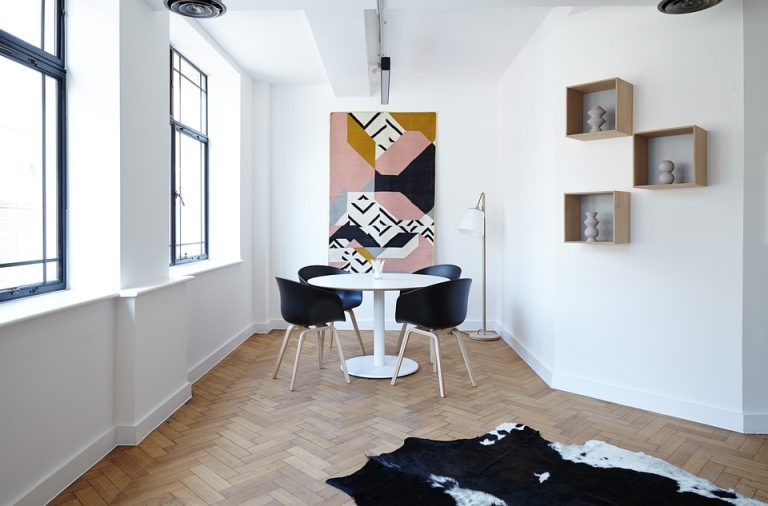In a world that often values perfection and flawless symmetry, there is an emerging design trend that celebrates imperfection and the beauty of natural materials: Wabi Sabi interior design. This Japanese aesthetic philosophy finds beauty in things that are imperfect, impermanent, and incomplete, embracing the flaws and imperfections that come with age and use.
Wabi Sabi interior design is all about creating a space that feels lived-in and authentic, with a focus on simplicity, natural materials, and a sense of harmony with nature. It encourages us to appreciate the beauty in things that may be considered flawed or imperfect, such as cracked pottery, weathered wood, and patinaed metals.
One of the key principles of Wabi Sabi is the idea of “mottainai,” which roughly translates to “what a waste.” This philosophy encourages us to appreciate and make use of what we already have, rather than constantly seeking out perfection or always striving for something new. By embracing imperfection and cherishing the beauty in things that may have been overlooked or discarded, we can create spaces that are truly unique and filled with character.
In Wabi Sabi interior design, simplicity is key. Spaces are uncluttered, with a focus on natural textures and materials such as wood, stone, and linen. Furniture and decor are often chosen for their age and character, with an emphasis on pieces that have a history and tell a story.
Wabi Sabi also celebrates the beauty of impermanence, with a focus on embracing the passage of time and the patina that comes with it. This can be seen in the use of natural materials that age gracefully, as well as in the practice of “kintsugi,” the art of repairing broken pottery with gold or silver, highlighting the cracks rather than disguising them.
Overall, Wabi Sabi interior design encourages us to slow down, appreciate the beauty in the everyday, and find joy in imperfection. By embracing the natural imperfections and flaws that come with age and use, we can create spaces that feel warm, inviting, and truly one-of-a-kind. So next time you’re considering a home refresh, why not try embracing imperfection and letting the beauty of Wabi Sabi shine through in your space?

